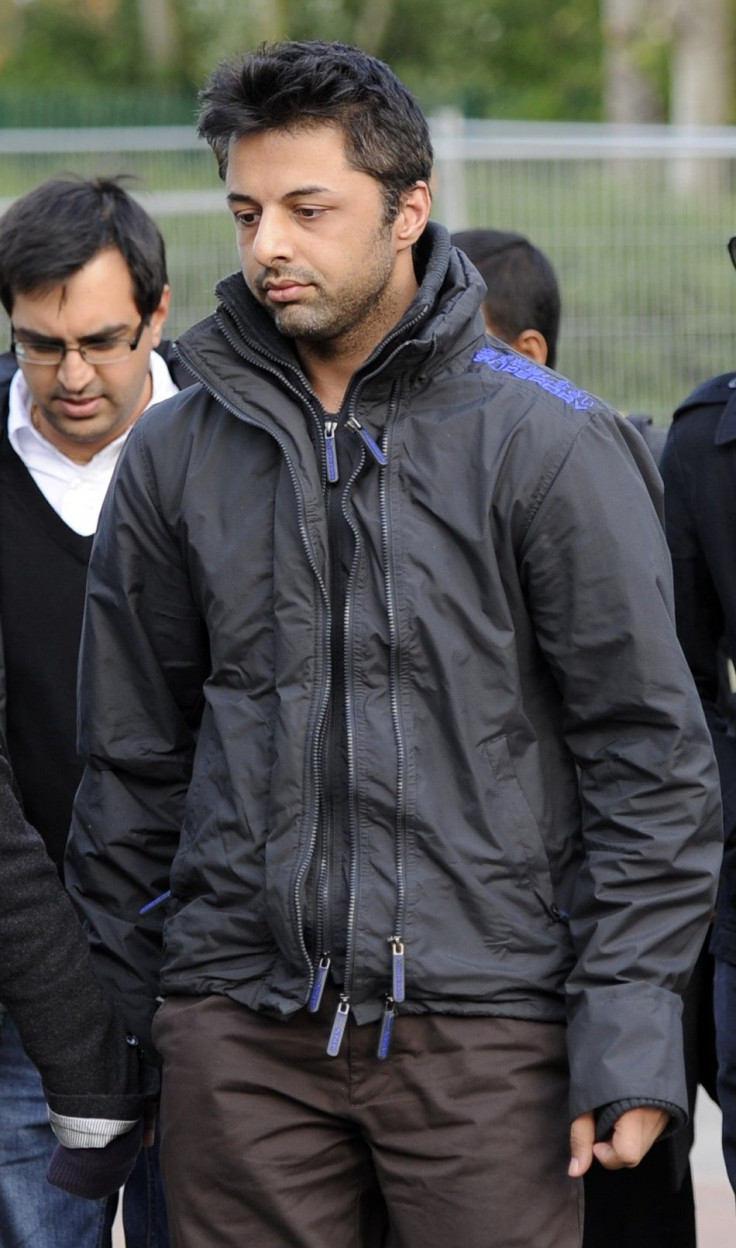UK Home Secretary Approves Extradition to South Africa of Honeymoon Murder Suspect

The British Home Secretary has approved the extradition of Shrien Dewani to South Africa to face charges that he arranged for the murder of his wife there during their honeymoon.
Earlier a UK district judge had already approved the extradition, but it was subject to May’s approval.
Dewani, 31, who owns a home care company in Bristol, England, has long denied any involvement in his wife Anni’s death and had tried to stop prior attempts to move him to South Africa to stand trial.
He has 14 days to file an appeal to the High Court against the decision.
Last week, Anni’s family handed a petition to May with more than 11,000 signatures demanding the extradition to proceed.
Dewani’s wife was shot to death in the Gugulethu Township near Cape Town in South Africa after the taxi they were riding in was hijacked last November. The husband was released without a scratch, but his wife’s body was found in an abandoned vehicle later.
Dewani now faces charges of murder, conspiracy to commit murder, robbery with aggravating circumstances and obstructing the administration of justice.
Meanwhile, two South African men, Mziwamadoda Qwabe, 25, and Xolile Mngeni, 23, are charged with the actual murder of Anni, and also face additional charged of kidnapping and robbery with aggravating circumstances. They are scheduled to stand trial at the Western Cape High Court sometime next year.
Taxi driver Zola Tongo, 31, from Bothasig, Cape Town, has already been sentenced to 18 years in prison for murder, kidnapping, robbery with aggravating circumstances and perverting the course of justice after agreeing a plea bargain.
Last December, Tongo told Western Cape High Court that Shrien Dewani offered him 15,000 South African rand ($1,900) to kill his wife.
South African prosecutors believe Shrien paid the taxi driver to arrange the murder (and disguised it as a form of robbery).
© Copyright Thomson Reuters {{Year}}. All rights reserved.





















